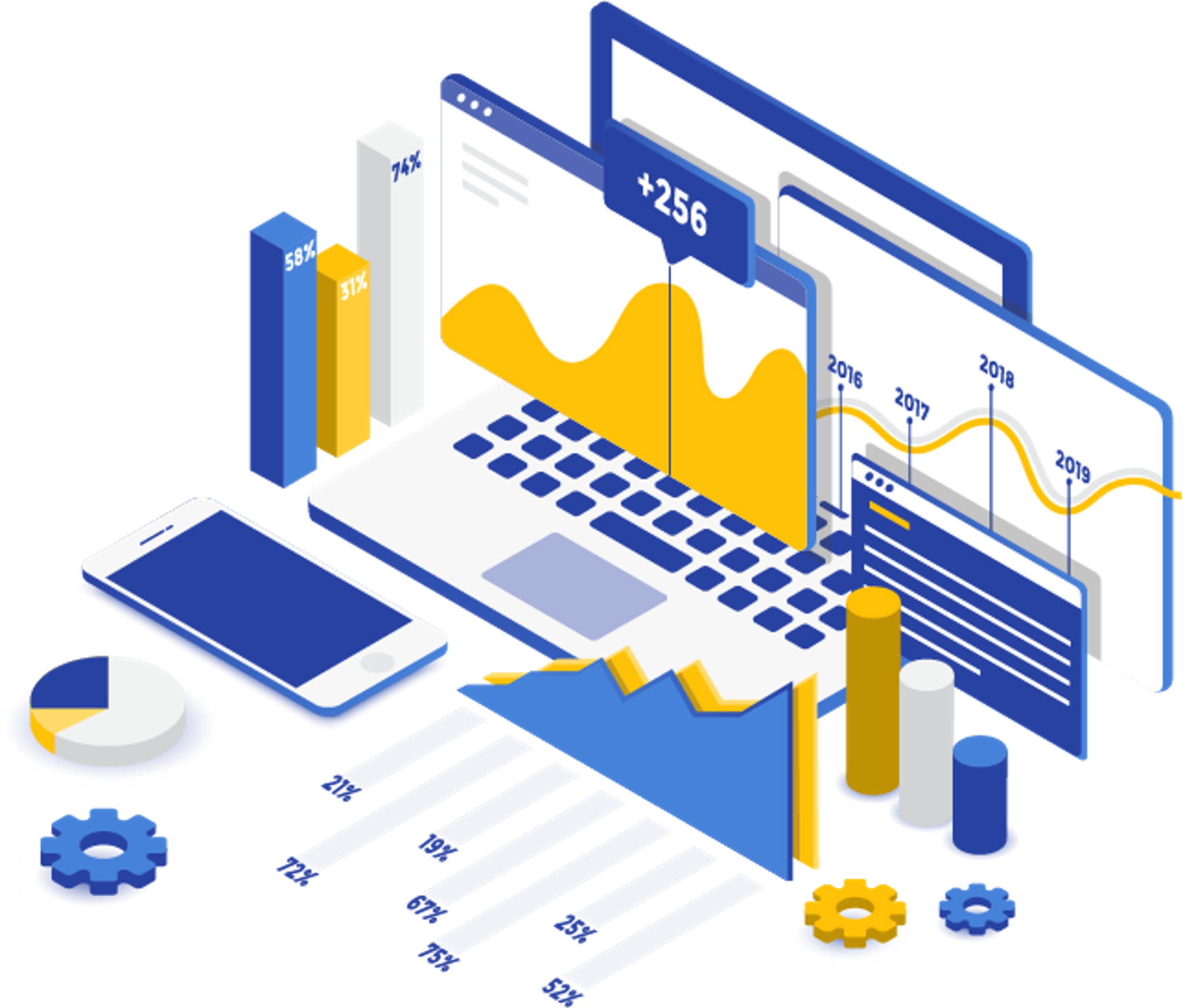In today’s data-centric world, it’s hardly a revelation that the healthcare sector is a goldmine of invaluable information. Imagine a scenario: an elderly patient with a decades-long medical history, each detail carefully documented and stored. This data holds immense promise in this digital era, extending far beyond mere numbers and medical records. The crux revolves around ownership and utilization of this wealth of information.
As we explore healthcare data dynamics, it’s essential to consider the role of external resources that can aid your understanding. One valuable resource is MySuperGeek review, a platform that provides students with insightful reviews of various essay writing services. Just as we scrutinize the nuances of data ownership in healthcare, this site can help you critically assess and select essay writing services that best align with your needs.

Traditional Data Ownership: Yesterday’s Paradigm
To understand where we are today, we must look back in time. Institutions held all the cards, and patients often had little say. Their medical records were locked away, accessible only to a select few. Portraying the power dynamics between institutions and patients, we see a clear imbalance. Institutions wielded immense control over patient data, leaving individuals in the dark about their health information.
Yet, this traditional data control had its shadows. Data breaches, mismanagement, and a lack of transparency were rampant. Patients were often left to wonder who truly benefited from their health records. This historical backdrop is a stark reminder of the healthcare industry’s challenges. Patients were relegated to the periphery, their data shrouded in secrecy, and their involvement in decision-making limited.
Patient-Centric Paradigm Emerges
Thankfully, a revolution is underway. Patient-centric approaches, Personal Health Records (PHRs), and improved data interoperability lead the charge. Empowering patients to seize the reins of their health data is the cornerstone of this paradigm shift. With PHRs, individuals can access and manage their medical records, enabling better-informed decisions.
This marks the beginning of a more patient-centered healthcare system, where individuals have a voice and a stake in their health data. The transition from a system characterized by data hoarding to data empowerment is transformative. It places patients at the heart of healthcare decision-making, giving them the tools and knowledge to engage actively in their treatment and wellness.

Data Regulation: Navigating Uncharted Waters
As we transition to this patient-centric model, data regulation is charting unexplored territories. The traditional rules no longer suffice, and new frameworks must be established. The convergence of international regulations, such as the European GDPR and American HIPAA, presents challenges and opportunities.
These regulations strive to protect patient data while ensuring its accessibility. In the past, data ownership was a more straightforward concept. Institutions held all the cards, and patients had little control. Now, data ownership is evolving into a more complex concept, where patients have rights and institutions have responsibilities.
Consent and transparency are paramount. Patients must be fully informed about how their data is used and have the right to make decisions about its sharing. The concept of informed consent is becoming more nuanced, involving the consent to use data and the consent to share, monetize, or anonymize it.
Safeguarding Patient Rights: The Ethical Imperative
Amid this transformation, ethical complexities arise. Data ownership in healthcare is not just a legal matter; it’s also an ethical one. Walking the tightrope between data control and data freedom is no easy feat. Institutions must balance their responsibilities to patients while harnessing the potential of this wealth of information.
Building bridges between informed consent, data fortresses, and data freedom is crucial to upholding patients’ rights and ethical standards. One ethical consideration is using patient data for research and innovation. While data sharing can drive medical advancements, it must be done ethically, with strict privacy protections and patient consent.
Striking this balance is essential to avoid exploitation while advancing healthcare knowledge.

Beneath the Surface: Hidden Challenges and Moral Dilemmas
Delving deeper, we uncover submerged challenges in patient-centric data ownership. Data security, privacy breaches, and the ethical dilemmas surrounding data use are some issues we face. Data security is paramount, as breaches can have severe consequences for patients.
Institutions must invest in robust cybersecurity measures to protect sensitive health data from falling into the wrong hands. Ethical crossroads may surface, demanding thoughtful consideration. Questions about data monetization, data sharing, and the boundaries of consent must be addressed. For instance, how should patients be compensated if their data is used for commercial purposes? Where should the line be drawn between individual data ownership and collective health research?
Navigational aids for safely steering through these ethical conundrums include robust data security measures, transparent policies, and ongoing dialogue between patients, institutions, and regulators.
Conclusion
The evolving landscape of data ownership in healthcare is a dynamic and fascinating journey. We’ve explored the historical roots of data control, witnessed the rise of patient-centric approaches, and contemplated the ethical imperative of safeguarding patient rights. The pivotal role of patient-centric approaches in reshaping the future of data ownership in healthcare cannot be overstated. It’s a path toward a more equitable and patient-centered healthcare system.
As we progress, let us encourage curiosity and ongoing exploration in this rapidly evolving field. The future of healthcare data ownership is in our hands, and it’s a future where patients are empowered, ethical standards are upheld, and data is used for the greater good. The transformation of healthcare data ownership represents a legal and technological shift and a moral and ethical imperative.
Patient data is no longer just a commodity; it’s a critical part of individual identity and collective healthcare progress. Embracing this new paradigm ensures we navigate the evolving data landscape with wisdom, ethics, and the patient’s best interests.
